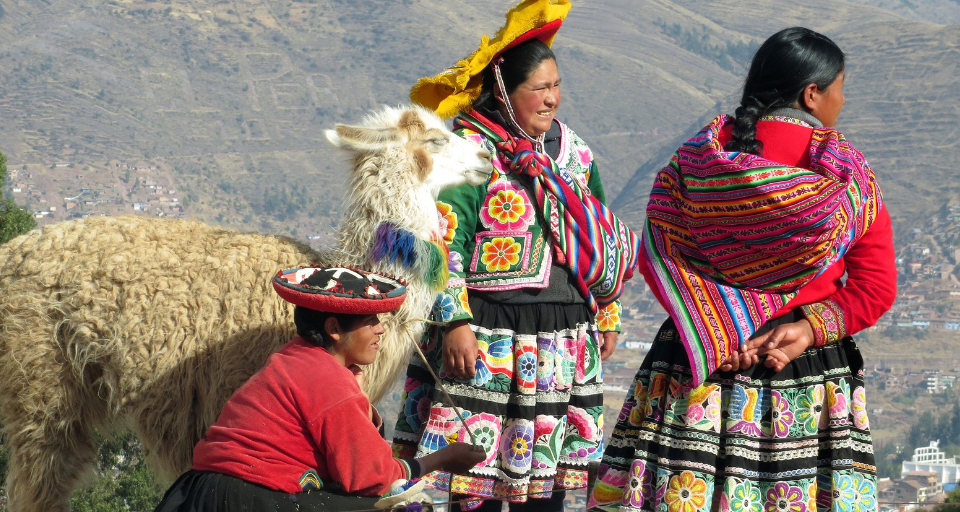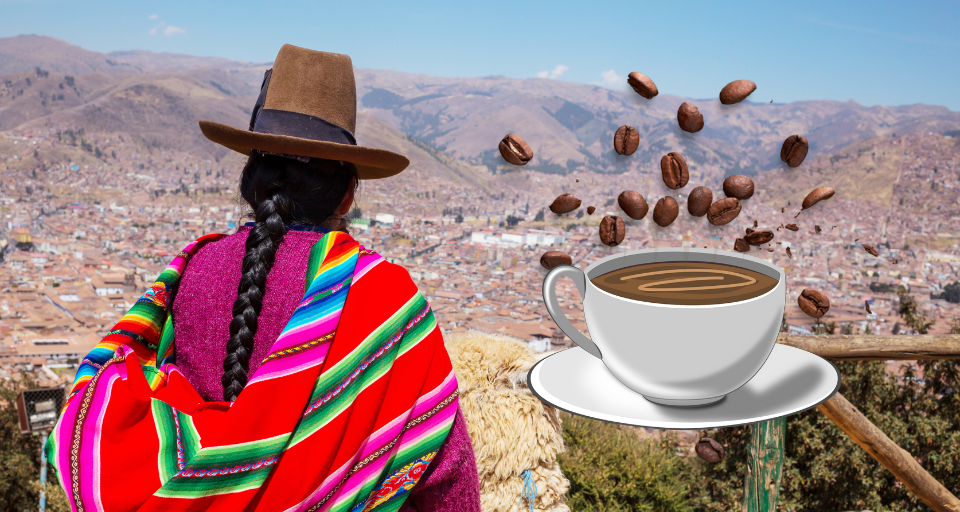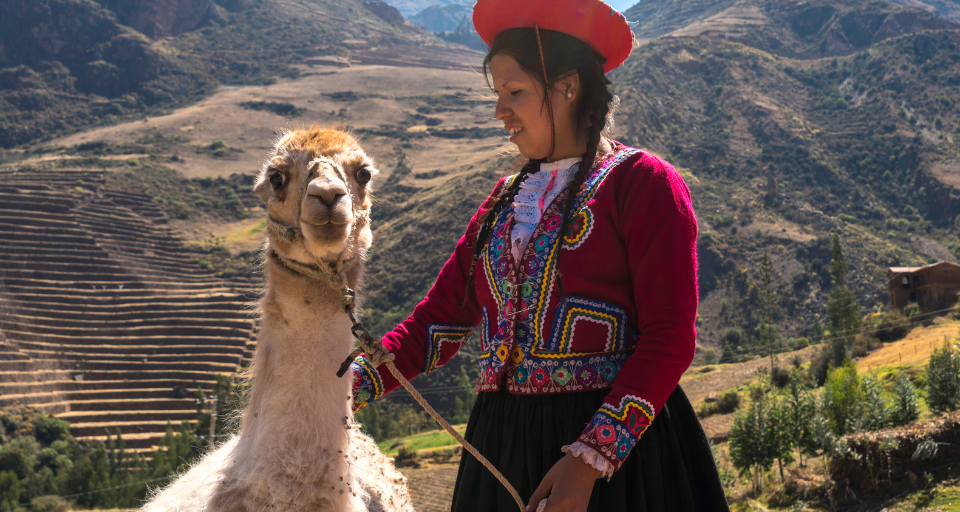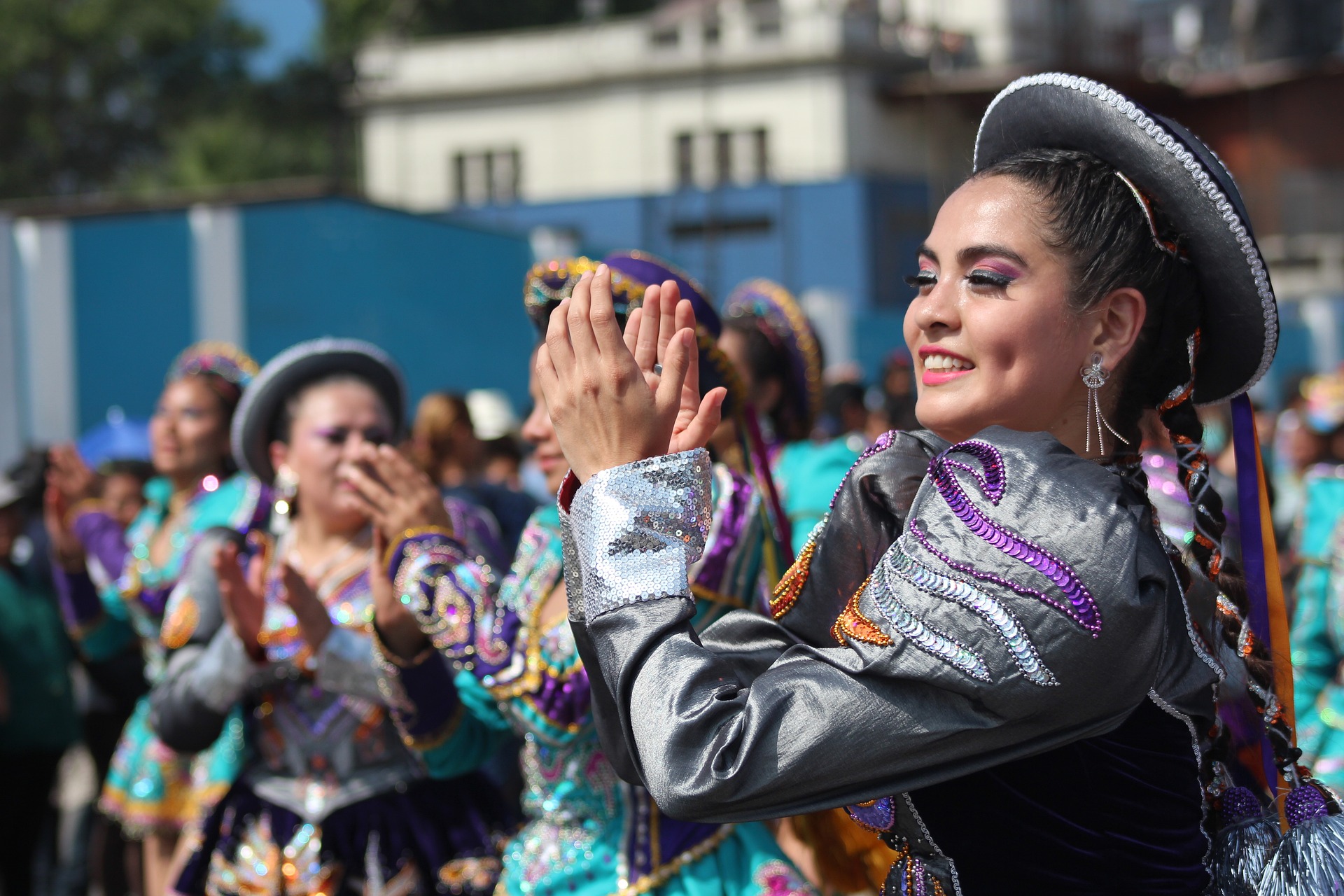Why are Peruvians so late?

Peru may be known for its vibrant culture, delicious cuisine, and stunning landscapes. But there’s one thing that often leaves visitors scratching their heads: why are Peruvians always late? From business meetings to social gatherings, it seems like punctuality isn’t a top priority in Peru. If you’ve ever found yourself waiting impatiently for a friend or colleague who just can’t seem to show up on time, you’re not alone. In this blog post, we’ll delve into the cultural nuances and historical factors that contribute to Peru’s notoriously lax approach to timeliness – and hopefully shed some light on why being fashionably late is so ingrained in the country’s social fabric!
The concept
Peruvians are often late to appointments and events. There are a few reasons for this.
First, Peruvians generally have a more relaxed attitude towards time. They don’t stress about being on time as much as people from other cultures do.
Second, Peru is a large country with a lot of traffic. It can take a long time to get from one place to another.
Third, many Peruvian businesses open late and close early. This means that people are used to starting their day later and finishing it earlier than people in other countries.
Finally, Peruvians often have large families and social networks. They may spend a lot of time visiting with family and friends, which can make it hard to be on time for other commitments.
The idea
The idea of Peruvians being late to everything is a long-standing stereotype. And while it’s true that Peruvians are generally more laid back about time than people from other cultures, there are some underlying reasons for this perception.
For one, the country’s geography plays a role. With the Andes mountain range running through the middle of the country, many parts of Peru are quite remote and difficult to reach. This can make transportation schedules unpredictable, and delays are not uncommon.
Additionally, Peruvian culture values social interactions and relationships highly. So much so that it’s not uncommon for people to show up late to appointments in order to spend more time chatting with friends or family members. This may be frustrating for those who value punctuality, but it’s simply part of the culture.
So next time you’re waiting on a Peruvian friend or business associate, try to be understanding – they’re just following their cultural norms!
The difference between
The difference between Peruvians and people from other cultures is that Peruvians generally have a more relaxed attitude towards time. This means that they are less likely to feel the need to arrive on time or be punctual for appointments.
Instead, they often adopt a “go with the flow” mentality, which can result in them being late for things. While this may be frustrating for people who are used to a more punctual culture, it is important to remember that Peruvians are not intentionally trying to be rude or disrespectful.
How does this impact daily life?
Peruvians are often late for appointments and social engagements. This can be frustrating for those who are not used to it. It is important to remember that this is not a personal slight. Peruvians simply have a different way of looking at time. They see it as more fluid and less rigid than many Westerners do. This often means that they do not feel the same sense of urgency to be punctual.
This relaxed attitude towards time can be interpreted as rude or disrespectful in some situations. For example, if someone is late for a meeting, it may be viewed as a sign that they do not think the meeting is important. In Peru, however, it is generally not considered rude to be late. It is more important to enjoy the moment and not worry about being on time.
This difference in perspective can cause problems when Peruvians interact with people from other cultures. Those who are used to punctuality may find Peruvians frustratingly laid back. It is important to be patient and understand that this is simply a cultural difference. With understanding and communication, it is possible to bridge the gap and find common ground.
Are there any benefits to this way of living?
Peruvians have a saying: “mañana es mejor dia” or “tomorrow is a better day.” This way of thinking leads to a relaxed attitude towards time. While this may seem like a negative traits, there are some benefits to this way of living.
For one, this laid-back attitude can lead to better mental health. A study in the Journal of Positive Psychology found that people who worry less about time feel happier and more satisfied with their lives. They also have lower levels of anxiety and stress.
This relaxed approach to time can also lead to improved physical health. One study found that people who are less concerned about punctuality tend to have lower blood pressure and heart rates. They also recover from stressful situations more quickly.
So, while Peruvians may not always be on time, there are some benefits to this way of living.
The history of Peruvian timekeeping
The history of Peruvian timekeeping is a long and complicated one. For centuries, the country was under the rule of various empires, all of which had their own way of keeping time. This led to a lot of confusion and chaos, with different parts of the country using different methods of timekeeping.
It wasn’t until 1821 that Peru finally gained its independence from Spain. This marked the start of a new era in which the country began to standardize its timekeeping methods. However, even today there is still some confusion and variation in how time is kept in Peru.
So why are Peruvians so late? Well, there are a number of factors that contribute to this. First of all, the history of timekeeping in Peru is complex and confusing. This means that many people are not entirely sure what time it actually is. Secondly, Peru is a large and geographically diverse country, which makes it difficult to keep track of time across all regions. Finally, Peruvians have a relaxed attitude towards timekeeping, which means that they are often less punctual than people from other cultures.
The cultural reasons for being late
There are a number of cultural reasons for why Peruvians may be late to appointments or events. For one, the concept of time is more fluid in Peru than in many Western cultures. Peruvians often don’t wear watches and instead rely on the sun to tell time. As a result, they may not be as punctual as people from cultures where time is more rigidly adhered to.
Another cultural reason for why Peruvians may be late is that they value relationships over punctuality. If someone is running late to meet you, it’s often because they stopped to chat with a friend or help someone out. In Peru, personal connections are very important, and taking the time to nurture them is often seen as more important than being on time.
Of course, there are also plenty of non-cultural reasons why Peruvians may be late. Traffic can be bad in Lima, public transportation isn’t always reliable, and people may simply not have enough time to get where they’re going. But understanding the cultural reasons behind why Peruvians are often late can help foreigners make sense of this seemingly frustrating habit.
The psychological effects of being chronically late
Chronic lateness can have a significant impact on a person’s mental health. Individuals who are chronically late often feel immense amounts of guilt and shame, which can lead to anxiety and depression. Additionally, chronic lateness can negatively affect a person’s relationships, as it often leads to conflict and feelings of disrespect. If you are chronically late, it is important to seek help from a mental health professional to address the underlying issues causing your tardiness.
To conclude, Peruvians are typically late because of their cultural habits. Being on time is not a priority for them and there is an understanding that events will start later than planned. Although this can be frustrating for those who come from different cultures, it’s important to understand the reasoning behind why Peruvian people may be running late. With a bit more knowledge about their beliefs and customs, we can begin to figure out how to better navigate through situations with Peruvian people so everyone involved understands and respects one another’s cultural differences.




